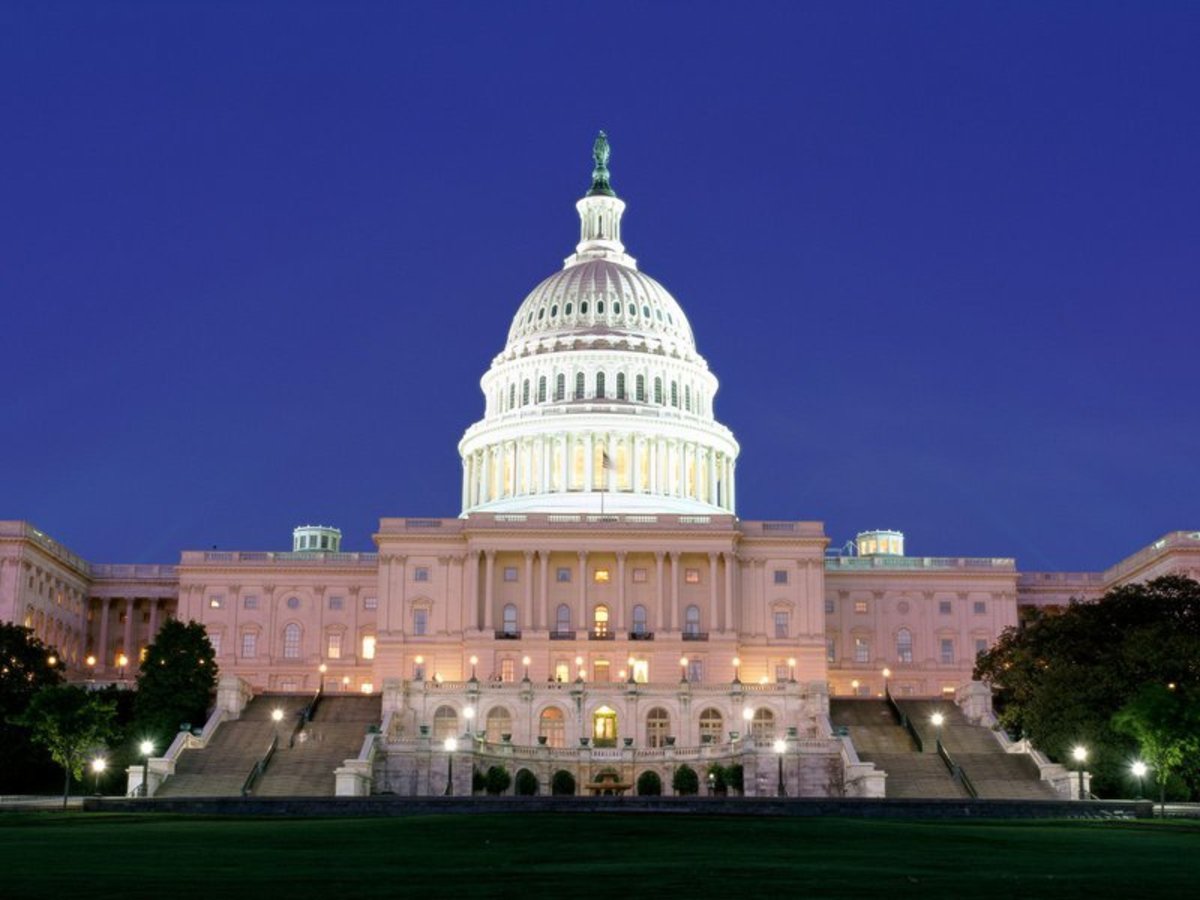We have enough examples now to know that Bitcoin has become more of a priority on Capitol Hill.
In recent weeks, we have seen the House request a report from the FBI on digital currencies and money laundering, a letter of inquiry to numerous agencies from the Senate Committee on Homeland Security and Government Affairs, and 22 subpoenas from New York’s Department of Financial Services to in-state Bitcoin businesses.
The Feds are keeping an eye on Bitcoin.
We also now have a judicial precedent that regards Bitcoin as actual currency thanks to a federal judge in Texas.
But it might be one step forward, two steps back at this point. The subpoenas in New York may only serve to chill the intentions of local entrepreneurs and stifle innovation.
Then, we have to realize that is happening at the state level, and with 50 states comes 50 different interpretations of regulations. Whether any of these will align with opinions at the federal level remains to be seen.
The threat always exists that an overzealous US or state government will provide sufficient incentive for American Bitcoin entrepreneurs to set up shop elsewhere. The biggest protection America currently has against this is the sheer amount of venture capital available here.
None of this is to say it’s in the government’s interest to squash Bitcoin. The US has a struggling economy and should welcome financial innovation.
But the US can also be pretty ham-fisted in its approach to law enforcement and security. The specter of an anonymous cabal laundering money to fund terrorism could wreak havoc.
Of course, implementing the regulations we all imagine are coming is much easier said than done.
It’s not as if the US can create a Bitcoin Central Bank under its jurisdiction. And this lack of control will only play the fearful — those who fear the eternal threat of crime, and those who fear they won’t get a cut.
And Bitcoin itself is designed, to some degree, to circumnavigate regulation. Or at least it cannot fit into existing models of regulation. So if the US lets the balance tip too far toward the pro-regulation side, an awkward cat-and-mouse relationship could develop.
That is if Bitcoin entrepreneurs, in that scenario, give the US any regard at all. The currency is international, and 95% the world lives outside of the US.
Which means if law enforcement officials want to be able to follow Bitcoin money trails, the US government will need to make the country Bitcoin-friendly. Otherwise, that specter of crime slips outside of its jurisdiction completely.








